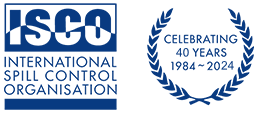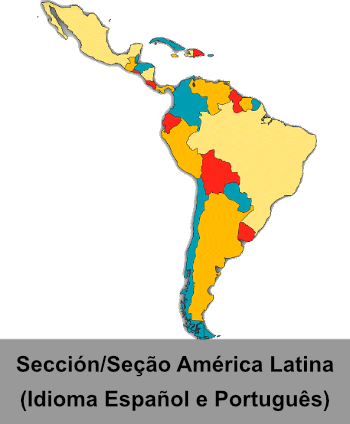ISCO PROFESSIONAL MEMBERSHIP – CODE OF PROFESSIONAL CONDUCT
The International Spill Control Organization requires its Professional Members –
1. To uphold and promote the aims of the Organization.
2. To observe and ensure practice of effective measures for protection of human life and safety.
3. In all business dealings to adhere to high ethical standards and to refrain from entering into any agreement or undertaking any activity that is unlawful.
4. Where professional advice is not accepted, to take all reasonable steps to ensure that the person overruling or neglecting such advice is aware of the potential danger of so doing, and if of a safety concern issue to ensure that any unsafe operation is halted until its operation has been competently reviewed by others.
5. To conduct oneself in a manner that reflects credit on the Organization.
6. To use all proper means to maintain the highest standards of the profession.
7. To respect any confidence gained in one’s professional capacity.
8. When acting or making statements or recommendations in a professional capacity to do so objectively and fairly.
9. To avoid unwarranted statements that reflect upon the character or integrity of other members of the Profession.
10. To recognise one’s responsibility for the professional guidance of subordinates under one’s control.
11. To recognise one’s responsibility for the protection of the environment and, in making response decisions, to apply the principle of net environmental benefit.
12. To recognise one’s responsibility to maintain or enhance professional competence by continuous updating and improving one’s knowledge and proficiency.
13. To strive for excellence and always act within one’s level of competence.
14. To promote preparedness and to encourage training and exercising as a means of improving professional competency.
15. When working in a country other than one’s own, to respect recognised customs, standards of behaviour and professional conduct in that country.
16. To ensure that one is aware of, and acting in compliance with, all relevant legislation and regulations in the country where one is working.
17. To accept personal responsibility for work undertaken and to take all reasonable steps to ensure that persons working under one’s control are competent to carry out tasks assigned to them.
18. To foster a culture of openness and transparency in communications in order that issues may be addressed in a frank, timely and effective manner.
19. To apply all available remedies and procedures to address matters perceived as improper or as falling below acceptable standards of professional practice.
20. To encourage and assist others to develop their skills and progress their careers, valuing the contributions they make and recognising their achievements.




